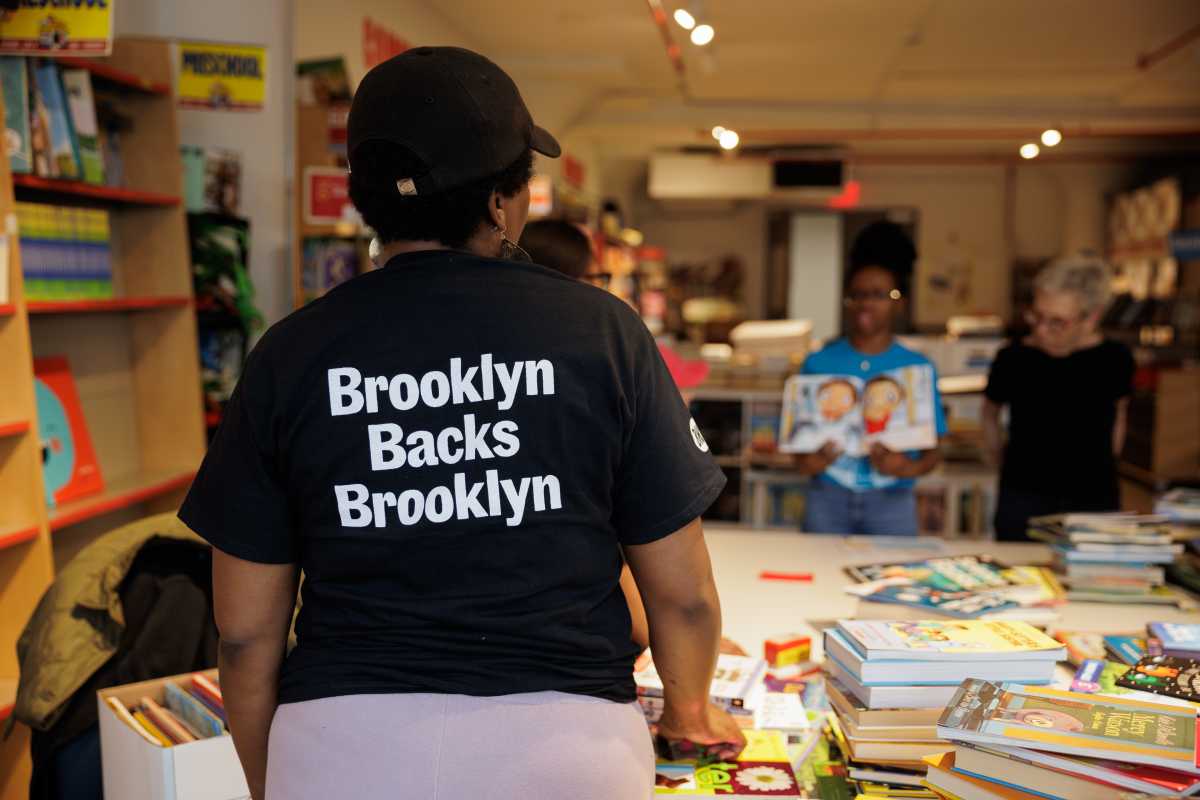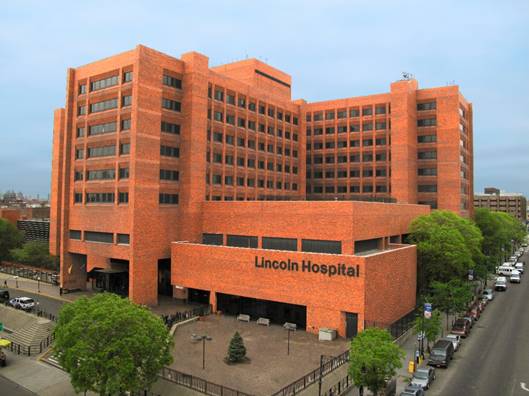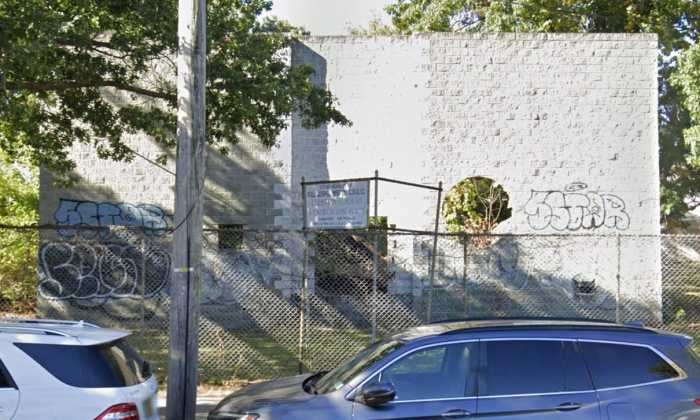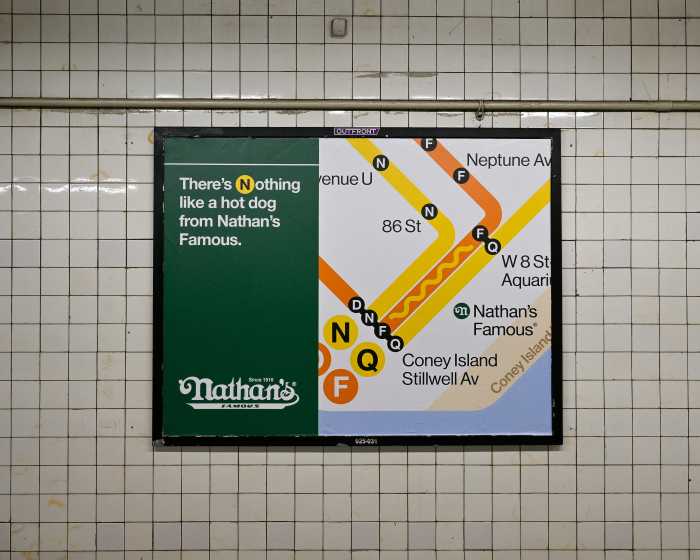
New York City’s health department is advertising on gay hookup apps and lobbying doctors to promote wider use of a controversial anti-HIV pill that vastly cuts the risk of infection. But the therapy has stoked infighting among AIDS activists over promiscuity and safer sex practices.
Officials lament that the blue pill, Truvada, remains unpopular among uninfected gay men at greatest risk for HIV, despite its endorsement by federal and global public health agencies for what is known as “pre-exposure prophylaxis,” or PrEP.
Truvada, which combines two drugs in one pill, originally was used to treat just HIV-positive people. It was approved in 2012 as a preventive option, and is now recommended for men who aren’t diligent about condom use in gay sex. The pill, to be taken daily, costs up to $1,800 monthly, but is covered by most insurance and heavily subsidized for those who can’t afford it. A major study found it to be more than 90 percent effective.
Yet nationwide, only 2,319 people started PrEP between January 2012 and September 2013, according to drugmaker Gilead. That’s fewer than the more than 3,000 new cases of HIV reported each year in New York City alone. HIV is the virus that, untreated, leads to AIDS, wrecking the immune system’s ability to fight off deadly diseases.
“There’s this huge infighting going on around PrEP in the gay community, a lot of finger-pointing around this particular drug, which is unfortunate,” said Perry Halkitis, an NYU psychology professor and HIV expert.
Some AIDS activists — including an older generation that saw the disease’s devastating toll before lifesaving drugs were introduced — are among PrEP’s most ardent foes.
Larry Kramer, the playwright and hero of the movement, caused a stir in May when he called PrEP users “cowardly.” Kramer, who declined to comment for this story, questioned why anyone would choose to “poison” oneself with antivirals like PrEP instead of simply using condoms.
A stigma persists that Truvada is a “party pill” — an attitude shared by some doctors who scold patients about their sexual practices and won’t prescribe it, said Anthony Hayes, a spokesman for the Gay Men’s Health Crisis, which backs PrEP use. “Some of them may believe that a patient who wants to go on PrEP might be more promiscuous or may engage in condomless sex,” Hayes said.
The journal Clinical Infectious Diseases found that 74 percent of surveyed clinicians backs PrEP yet only 9 percent had prescribed the therapy.
Enter Dr. Demetre Daskalakis, the health department’s new assistant commissioner for HIV/AIDS control and prevention. Previously a top AIDS doctor at Mount Sinai Hospital, he is a self-described “gay health warrior” whose work attire includes both lab coats and leather.
“There’s not a lot of doctors who can say, ‘I’ve done thousands of HIV [blood] tests with my hands in dark sex clubs,’ ” he said. “I have done that.”
The city is spending about $500,000 to encourage PrEP therapy with outreach to doctors and ads on Facebook, Twitter and gay hookup apps like Grindr and Scruff.
“Share the Night, Not HIV,” says one ad that shows two young men staring into each other’s eyes. Among those Daskalakis is focusing on are young black and Latino men — who studies have found at higher HIV risk because of the amount of HIV in the population and health care disparities.
The city’s PrEP push is misguided, said Michael Weinstein, president of the AIDS Healthcare Foundation, which serves 200,000 patients in 28 countries.
“The first order of business in medical ethics is ‘do no harm,’ and what the New York City Health Department’s doing is doing harm because there are people who are going to take this drug intermittently, who are going to think they’re protected who are going to not be protected,” said Weinstein.
PrEP critics say users who fail to take the pill daily could still risk HIV infection. Weinstein fears the therapy encourages condomless sex and thus the danger of other sexually transmitted infections. There are potential side effects such as kidney and bone problems.
Daskalakis counters that PrEP can still do good even if some doses are missed, its side effects either fade or are manageable, and studies show no meaningful change in condom use by those on the therapy.
“Could there be an increased rate of STIs? Yeah. Absolutely,” he acknowledged. “Ultimately PrEP is a harm-reduction approach, not a harm-elimination approach.”
PrEP’s backers say they do preach condom use but are being realistic: not everyone uses them all the time.
“We’re not going to say we love it,” Daskalakis said, “but at least we have something for you.”




































